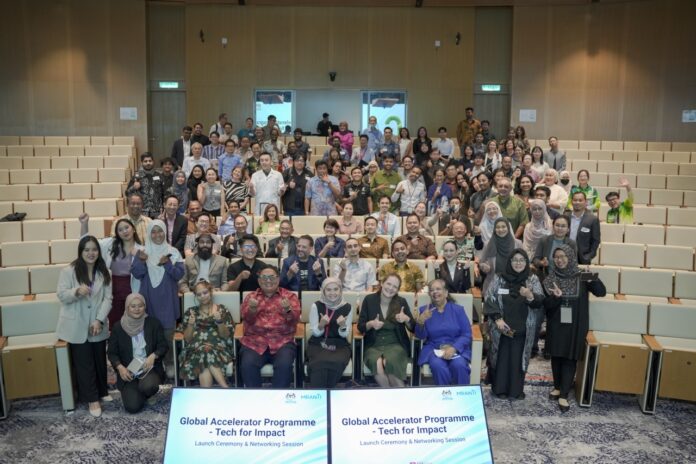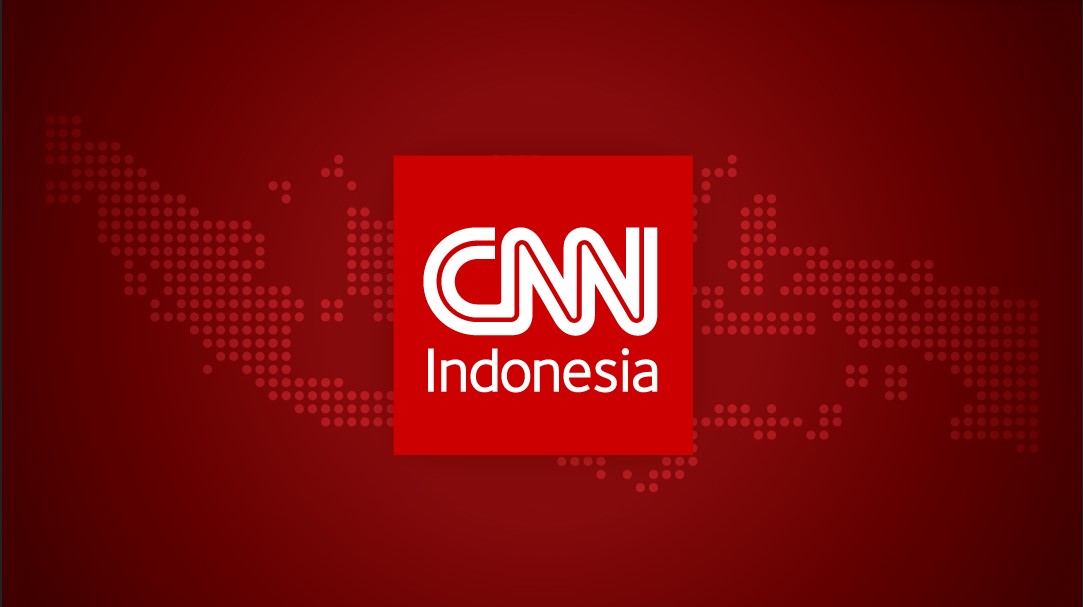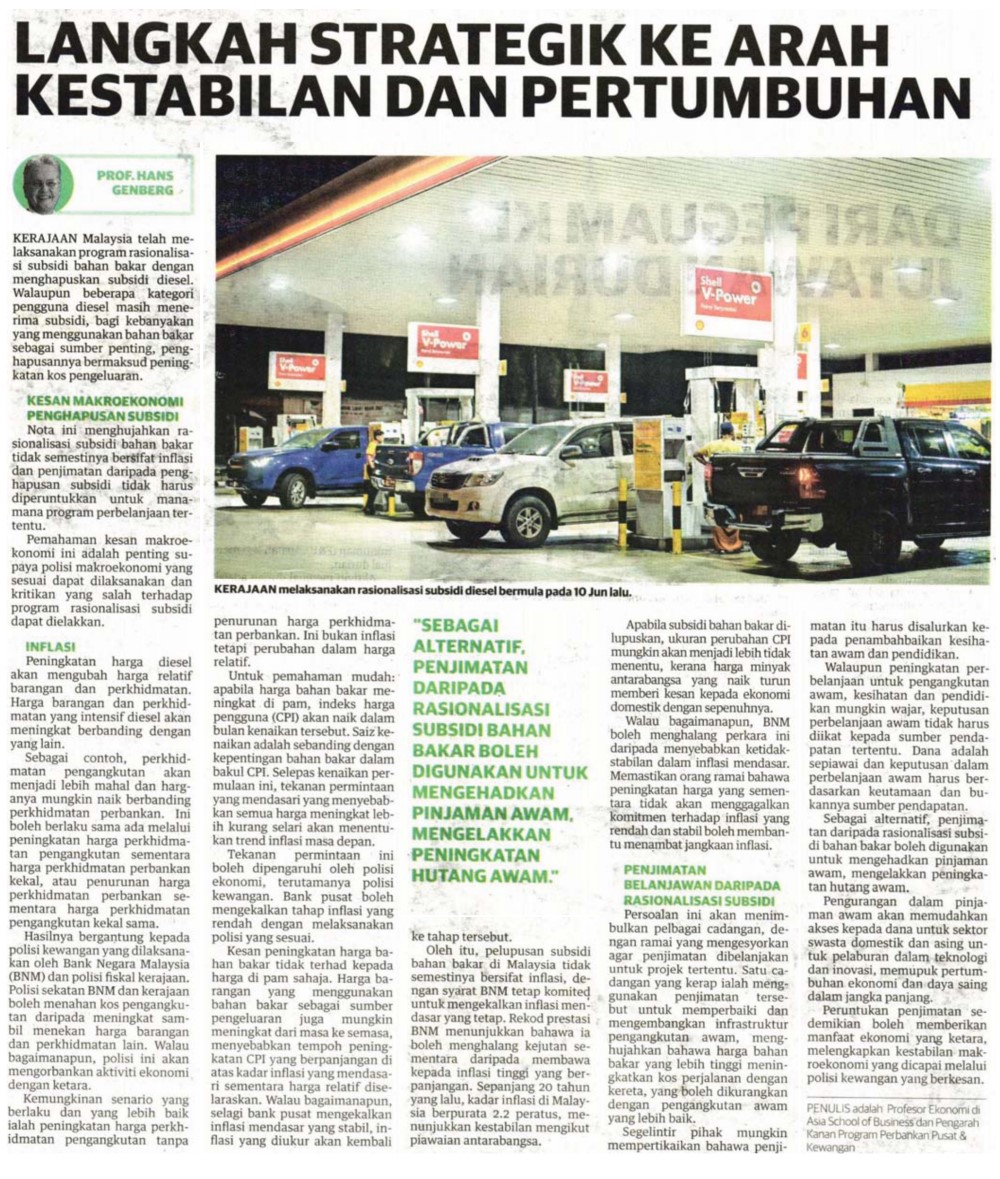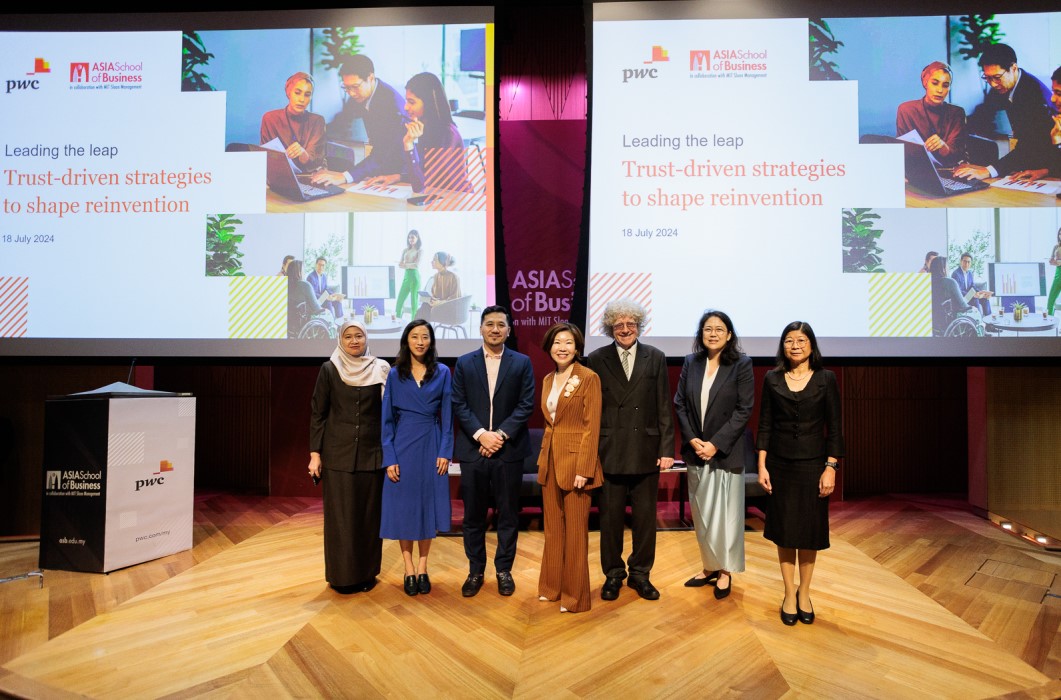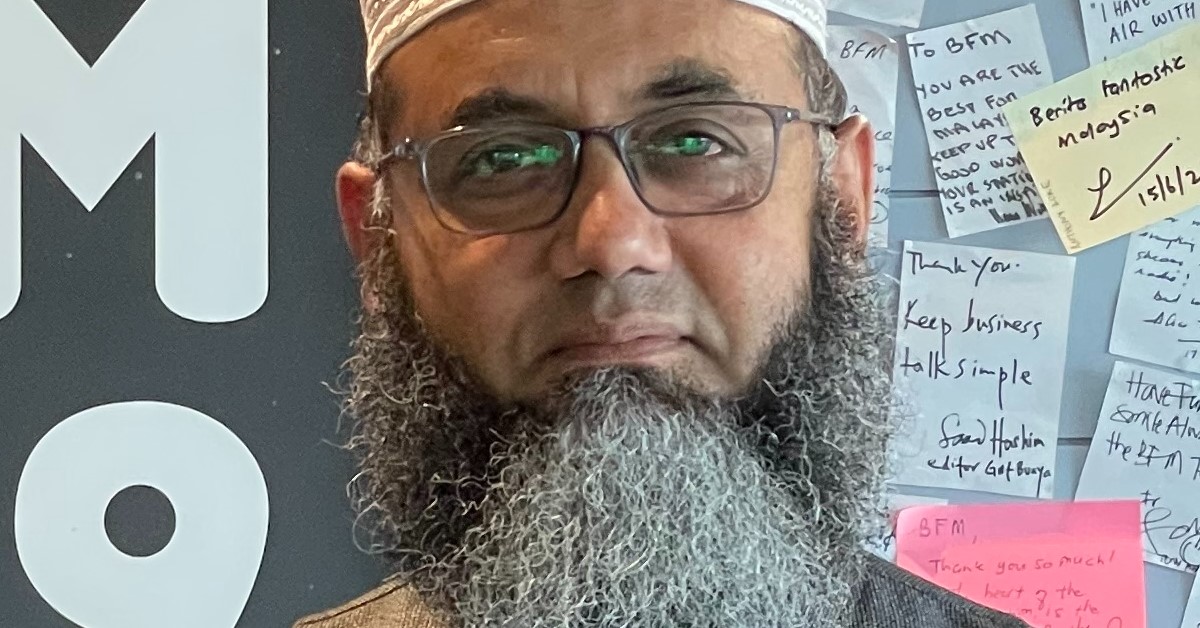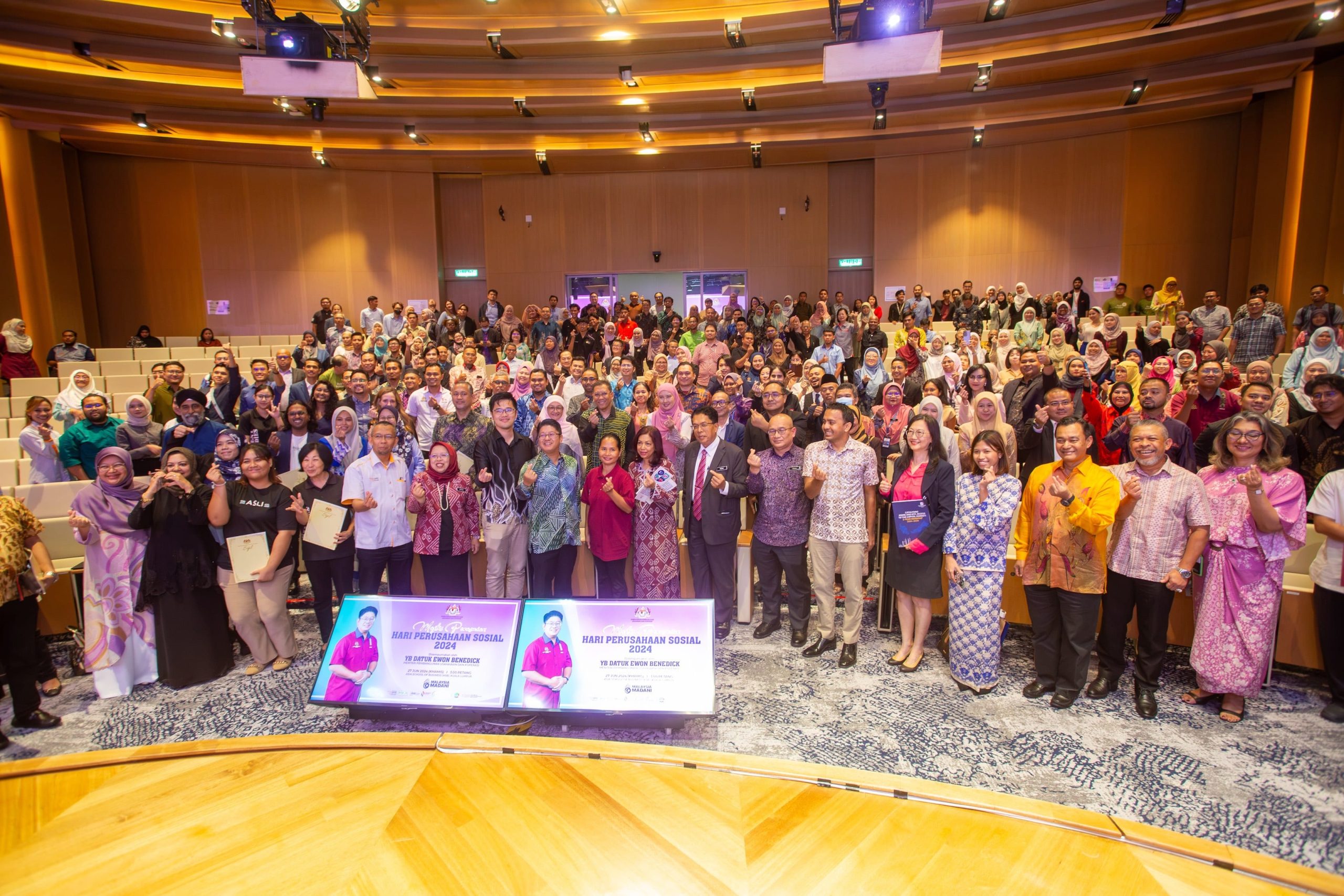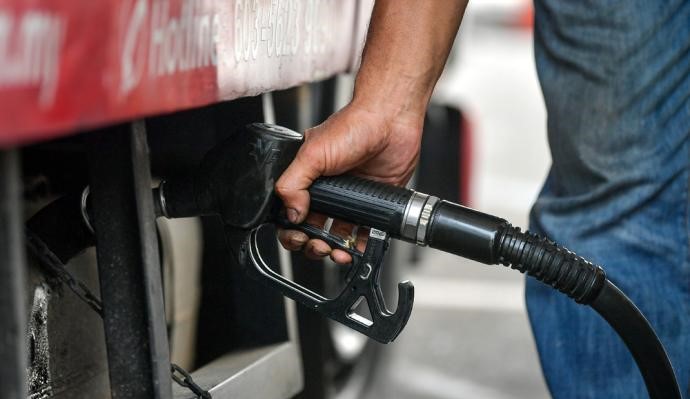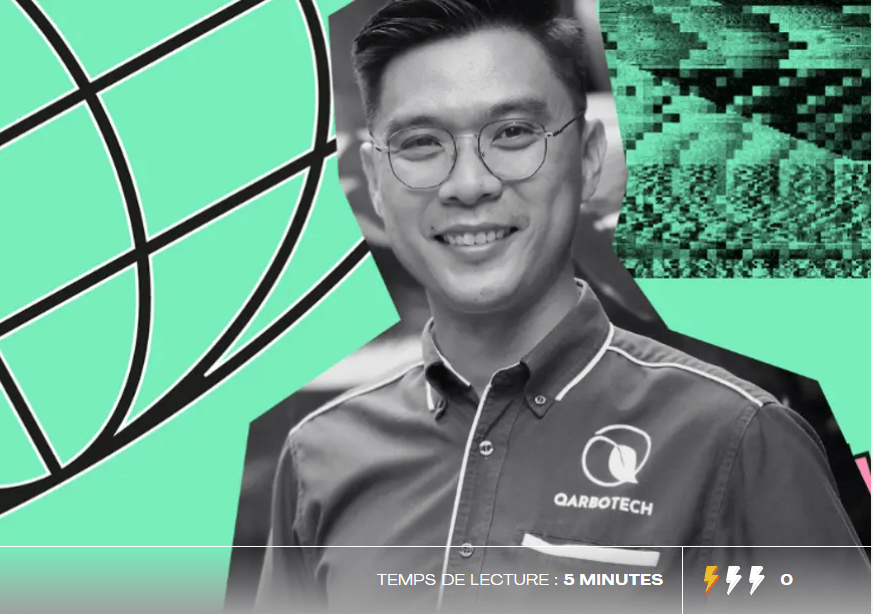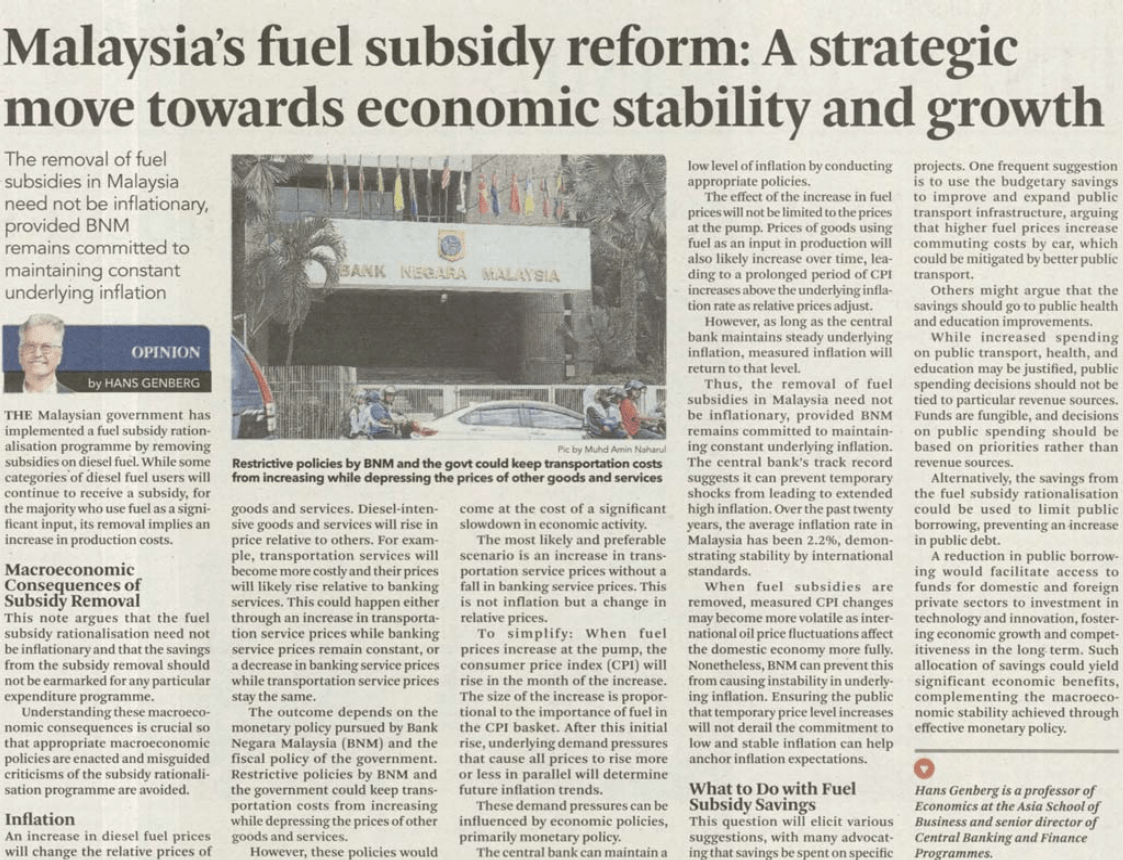Continuing its mission of accelerating the development of demand-driven R&D efforts, The Malaysian Research Accelerator for Technology & Innovation (TIPM/MRANTI), Malaysia’s central research and innovation commercialisation agency, has officially launched the 2024 cycle of its Global Accelerator Programme (GAP).
With a focus on addressing pressing global challenges, TIPM/MRANTI GAP invites enterprising companies to embark on a transformative journey to scale up their innovative solutions, offering participants a unique blend of support, investment opportunities, and global recognition.
The programme launch also introduced this year’s GAP collaborators, with representatives from each institution attending the launch, including the Asia School of Business (ASB).
Through its range of degrees, executive education, research, and micro-credential programmes, ASB spearheads the development of agile, transformative, and principled leaders toward the advancement of the emerging world, in areas that include sustainability, AI, corporate governance, finance, operations management, and leadership.
This year, the programme targets an enrollment of at least 20 companies, offering them access to learning opportunities from industry experts via workshops and masterclasses. Participants also get the chance to network with other participating companies through team-building and engagement activities, facilitating opportunities to spark inter-industry networks.
Additionally, inclusion in the National Technology and Innovation Sandbox (NTIS) offers resources and support to foster innovation and development, granting businesses the space to test and validate their tech solutions in a controlled live environment under relaxed regulations.
With the theme Tech for Impact, GAP 2024 looks to curate the potential of local and global companies in addressing three key thematic areas under the United Nations’ Sustainable Development Goals (UN SDGs). These areas are Food Security & Sustainability (UN SDG 2), Healthcare (UN SDG 3), and Renewable Energy (UN SDG 7). These areas have been identified through extensive research as the most pressing issues both nationally and globally. While there have been improvements in overall sustainability efforts on a national level, development in these three areas has stagnated. Through the accelerator programme, participating companies gain access to multiple support mechanisms. This includes funding from global and local investors, and backing from R&D and business management entities.
“The main aims of GAP are empowerment and problem-solving. It functions as a catalyst for companies, equipping them with the necessary resources and network to navigate the complexities of growth and upscaling. In doing so, GAP helps them make a meaningful difference in their industries and beyond by addressing ongoing issues that affect the public in real-time. V-Farm, for example, introduced an effective vertical gardening solution which addressed food security and environmental concerns,” shares Safuan Zairi, Chief Ecosystem Officer of MRANTI, adding “We do not just hand out resources, we help our participants use them to their fullest potential for maximum impact, both for national development, and the benefit of the rakyat.”
This programme will be hosted at ASBhive under the oversight of ASB’s Innovation and Entrepreneurship Center (IEC), a key hub in Malaysia’s entrepreneurial ecosystem, marking a significant milestone for ASB. Joseph Cherian, Deputy CEO of ASB remarked, “We are thrilled and eager to establish with MRANTI to jointly operate this programme. ASB is pleased to collaborate with MRANTI on their endeavours by providing our respected faculty members, and experts who have achieved global acclaim in fields such as AI, Sustainability, Organisational Behaviour, and Matching Platforms. Our collaboration includes overseeing the programme from strategic planning and execution to module development, encompassing mentorship and progress tracking. As collaborators, we want to cultivate entrepreneur-leaders who consistently tackle demanding issues and challenge the status quo, with agility, creativity, and resourcefulness.”
Part of ASB’s collaboration with MRANTI includes the nomination to The Earthshot Prize, a prestigious global sustainability award based in the United Kingdom, for this year’s cycle. The Earthshot Prize was founded by His Royal Highness, The Prince of Wales in 2020 and aims to discover, spotlight, and scale innovative solutions that work to repair and regenerate our planet, with five winners winning the award annually.
Participating companies of the 2024 GAP cycle now have the opportunity to be nominated for the The Earthshot Prize. The collaboration also serves as a testament to ASB’s and MRANTI’s commitment to recognising and rewarding innovative solutions addressing crucial environmental challenges.
As of the last cycle, the programme has successfully impacted 20 companies and 50 entrepreneurs, amassing a value creation totalling RM22.42 million, with RM21.63 million in revenue and RM790,610 in investments. Some of these successes include Luwjistik, VStream Revolution, Sonicboom Solutions , and Izmir Technologies Industries in 2022, whilst 2023 saw Entomal Biotech, CS Leaflabs, WeAssist, and Mobiva making their mark.
These achievements inspire MRANTI to aim higher in catalysing the growth of local and global companies, as well as, advancing innovative solutions. GAP 2024 will run from September to November, and all eligible companies are encouraged to apply and take advantage of this unique opportunity to accelerate their growth and take their innovations to the next level.
For more details on GAP 2024, please visit mranti.my/gap.
Originally published by Disruptr MY.





